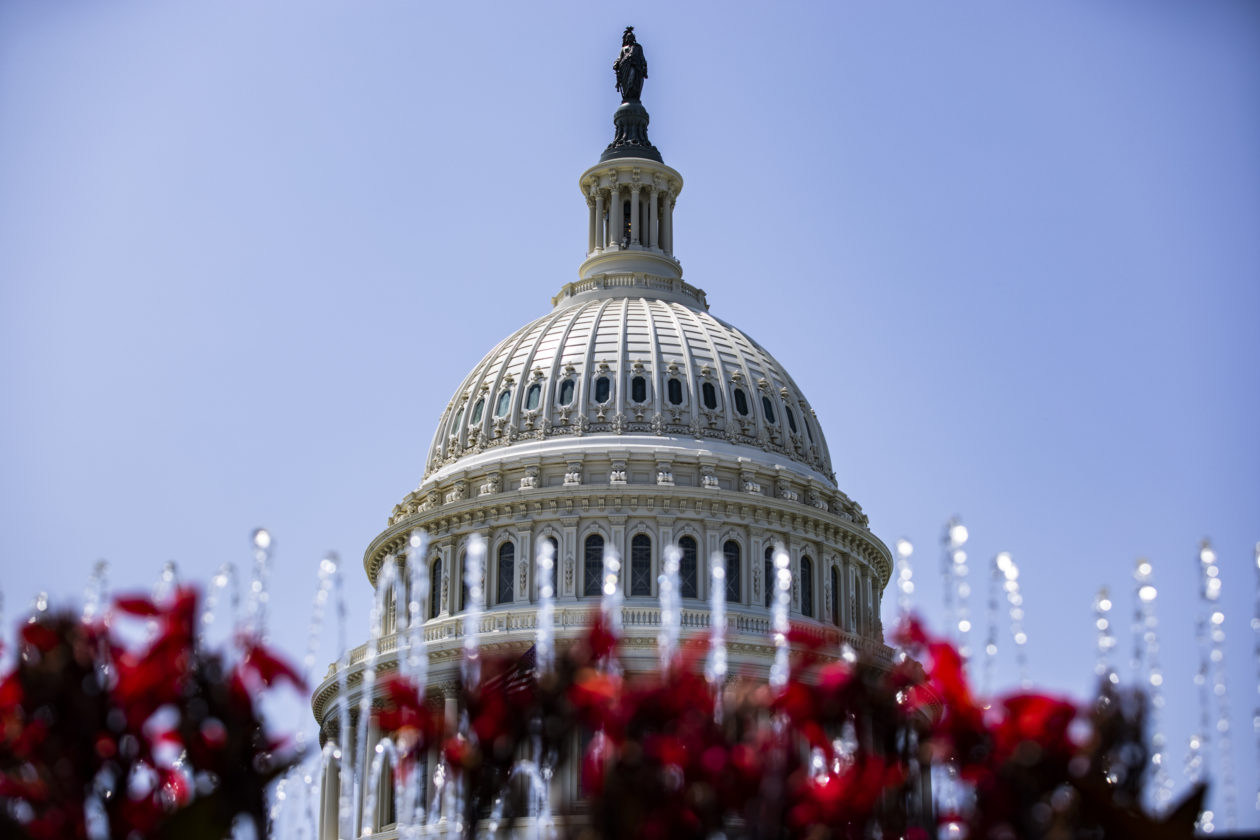U.S. crypto industry players were watching Congress intently over the weekend as the Biden administration’s US$1 trillion infrastructure bill moved one step closer to passing, with the Senate voting to limit further debate on it, according to a report by Reuters. The Senate voted 68:29 in favor of advancing the bill, which will be put to a vote on Tuesday — likely without recent proposed amendments that would have limited its scope to regulate the cryptocurrency sector.
The industry had been lobbying for provisions within the bill relating to crypto to be clarified and narrowed in scope, arguing that it placed unfeasible restrictions on the sector’s ability to operate and innovate. The provisions were added to raise a projected US$28 billion to fund the expenditure mandated in the bill, sparking a backlash and intense lobbying by crypto industry participants.
Devil in the detail
Alarm bells sounded across the industry as the original wording of the provisions beefed up Internal Revenue Service reporting requirements for investors and brokers. The main concern was the bill’s broad definition of “broker,” which included any party facilitating the transfer of digital assets. It was quickly narrowed to “any person who (for consideration) is responsible for regularly providing any service effectuating transfers of digital assets on behalf of another person.”
Under that amendment, any broker would nevertheless be required to provide their customers’ details on IRS Form 1099. It was also considered unworkable, because the definition of “broker” would include miners and network validators, due to the very nature of the technology, would not hold relevant details of the users of their blockchains.
“As those who understand crypto already know, users are pseudonymous & access is permissionless. It’s literally impossible for non-custodial actors like miners to get the information they need to do Form 1099s. In practice, this could mean a de facto ban on mining in the USA,” said Compound Labs General Counsel Jake Chervinsky on Twitter.
A further amendment was introduced last week to provide a carve-out from the definition for miners, other validators and software developers, but most lawmakers are backing a separate amendment that would exempt only miners, proof-of-stake validators and wallet providers. This second amendment has the support of Treasury Secretary Janet Yellen. Although there is little time remaining before the Senate vote on the bill on Tuesday, once passed, it must make its way back to the House, where there is still time for further amendments to be made.
Asian equation
Although there has been much hand-wringing Stateside, the Asian crypto community is looking on with interest. Henri Arslanian, a Hong Kong-based crypto lead at PricewaterhouseCoopers, said that ultimately it would be a shame if such restrictive legislation were passed in the U.S. after much positive momentum in the industry in recent months, but he expected the impact on the Asian industry to be minimal.
“Even if passed in its strictest form, I don’t expect any meaningful impact of this bill in Asia,” he said. “You are not going to see crypto mining return to Asia or an inflow of [decentralized finance] developers just because of this.”
More than anything, Arslanian said he was impressed by the speed at which the crypto community in the U.S. had rallied on this issue, creating pressure to support so many amendments in around a week. Even if amendments providing carve-outs for miners and others do not pass, he said he didn’t see the legislation as the doomsday event that some within the industry have predicted, although he said its actual financial benefits might be difficult to attribute to it.
“The reality is that some of the firms most impacted by this bill, like centralized exchanges or custodians, will comply with it and will remain in the U.S.,” he said. “From a tax collection perspective, the direct benefits that the U.S. government gets from DeFi developers or non-custodial wallets are more difficult to measure.”





